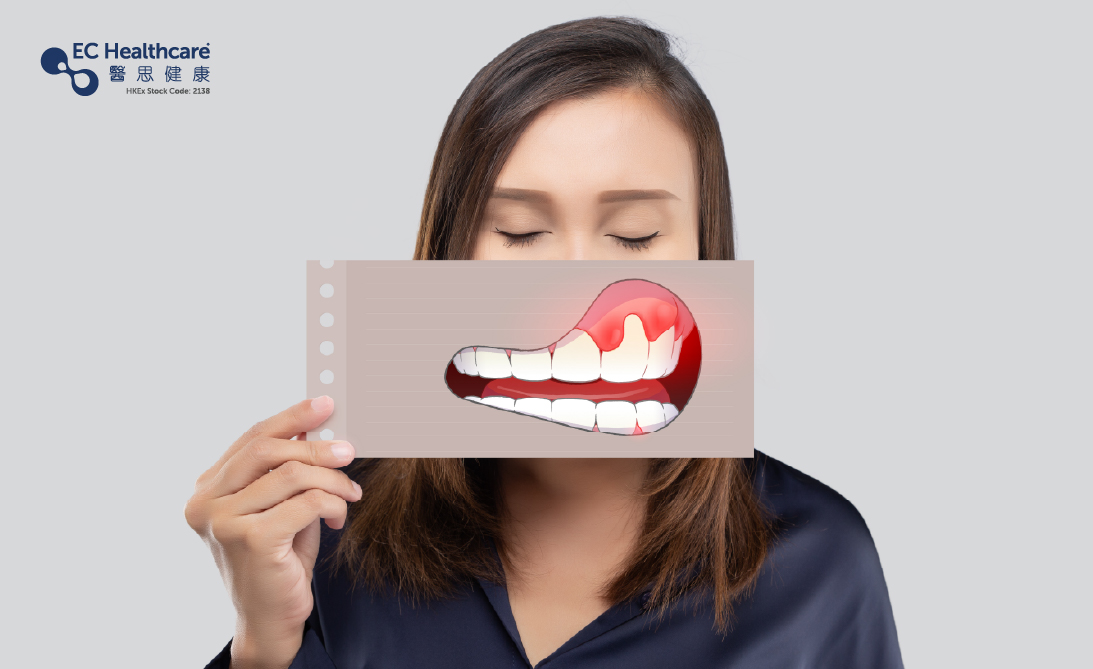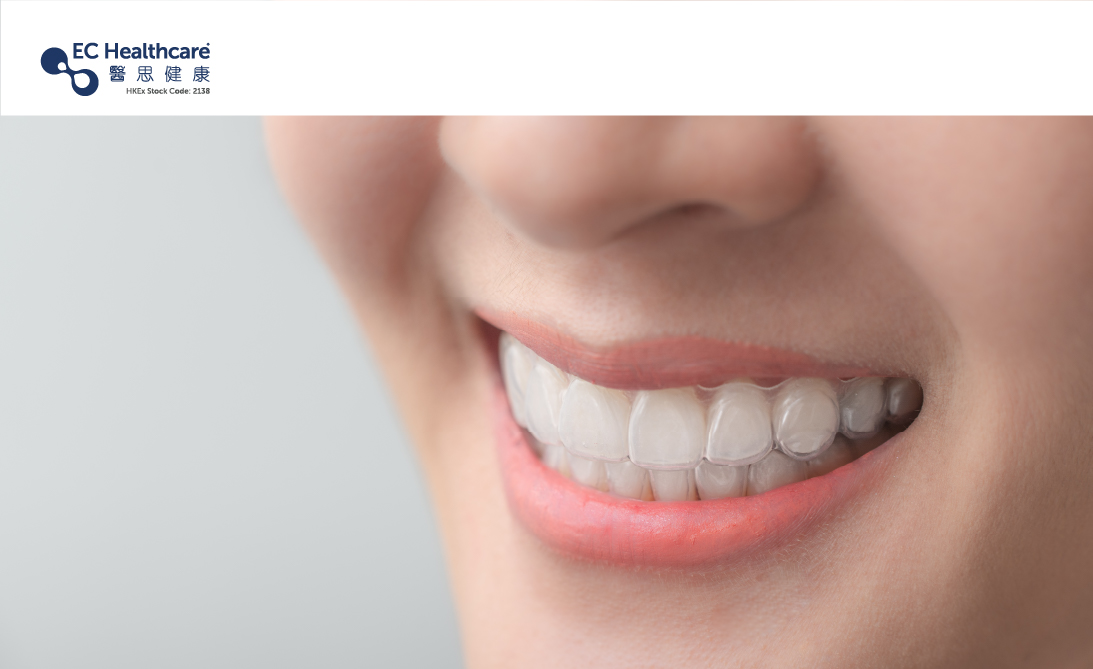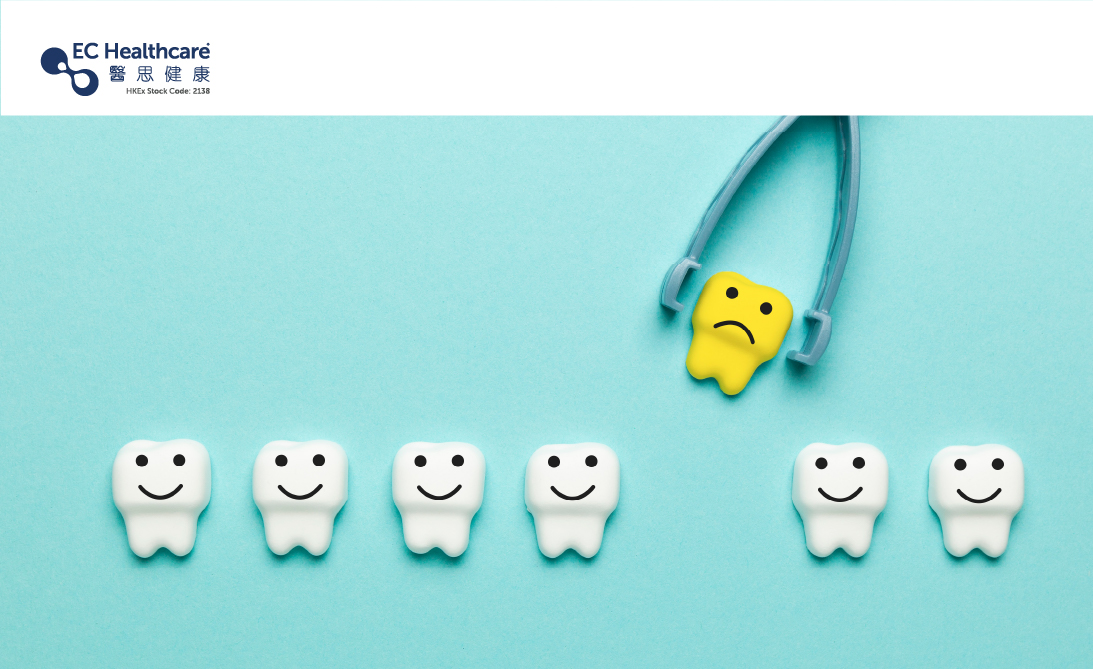Preventing Gum Disease: 8 Simple Steps to Safeguard Your Heart Health


Did you know that gum disease can lead to cardiovascular issues? Not only does it cause gum recession and tooth loss, but the bacteria can also enter your bloodstream through the gums or jawbone, affecting other systems in your body and increasing the risk of diabetes, heart disease, stroke, cardiovascular disorders, and even pneumonia. But fear not! Is there a way to prevent this dreadful disease?

Understanding Gum Disease:
Gum disease is caused by the accumulation of dental plaque, a sticky film of bacteria that adheres to the surface of teeth. When oral hygiene is neglected over time, plaque builds up along the gumline, forming an invisible bacterial film called dental biofilm. The bacteria within this biofilm release toxins that irritate the surrounding tissues, including the gums, periodontal ligament, and alveolar bone, leading to gum inflammation. Additionally, the biofilm can calcify with saliva, forming rough deposits called dental calculus, which further accumulate biofilm and contribute to the development of gum disease.
Depending on the severity, gum disease can present with various symptoms, including bleeding gums during brushing, bad breath, gum recession, swollen or discolored gums, difficulty chewing, increased tooth spacing, and tooth loss. Generally, gum disease can be categorized into 3 stages:
Mild Gum Disease (Gingivitis):
Gum recession of about 1 to 2 mm occurs, but the teeth remain intact. During this stage, most gum damage is reversible, and the gums can heal with proper care.
Moderate Gum Disease (Periodontitis):
Gum recession of about 3 to 4 mm occurs, and signs of tooth looseness or loss start to appear. The gums develop periodontal pockets, where food debris and bacteria can easily hide.
Severe Gum Disease (Severe Periodontitis):
Gum recession exceeds 5 mm or more, leading to tooth loss, widened tooth spacing, the presence of pus at the gumline, and alveolar bone deterioration. This results in the separation of the tooth roots from the gums, exposing the roots. Patients with severe gum disease require root planing, alveolar bone surgery, or periodontal surgery as part of their treatment.
8 Steps to Prevent Gum Disease:
Most cases of gum disease are caused by lifestyle habits, and the prevention of gum disease naturally begins with improving these habits!
1. Brush your teeth thoroughly at least twice a day, ideally after meals. Use the correct technique to clean all surfaces of your teeth, including the outer, inner, biting surfaces, and edges, effectively removing dental plaque.
2. Choose a toothbrush with medium bristles or opt for a sonic toothbrush, which is more effective in plaque removal.
3. Select a toothpaste that contains triclosan or zinc citrate, as they help inhibit the accumulation of dental plaque.
4. Clean the hard-to-reach areas between your teeth using dental floss or interdental brushes to remove plaque that accumulates there.
5. When brushing, do not avoid areas where your gums bleed. Instead, brush gently at the gumline to promote gum health.
6. Avoid smoking, as smokers have a higher likelihood of developing gum disease.
7. Ensure a well-rounded and balanced diet to maintain overall health and boost your immune system.
8. Schedule regular dental cleanings and check-ups at least once a year. If you have diabetes or are a smoker, more frequent dental cleanings may be necessary.
Disclaimer: This article is prepared by an independent third party and is not sponsored. The content provided is solely for informational purposes and should not be considered a substitute for professional medical advice, diagnosis, or treatment. It does not represent any specific viewpoint. In the event of any discomfort or health issues, it is advised to seek medical attention promptly.









